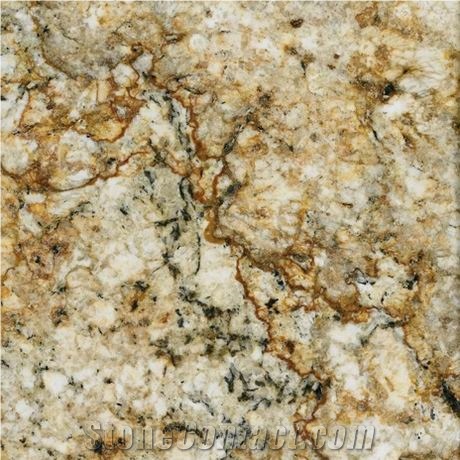Granite and quartz are both natural stones and absorb stains just the same and both require the same type of maintenance. Cost should be relatively close depending on the granite colors available. You can definately get granite in that. Quartz is actually harder than granite and thus, more durable. In fact, quartz is nearly indestructible, and because it isn’t porous like granite , it’s easy to keep your countertops relatively bacteria-free.
Be careful with cooking pans though: Quartz can be damaged by excessive heat, so use heating pads at all times. Use this simple quartz vs. Weigh the pros and cons of every countertop material with this quick guide.
Granite countertops cost $to $1per square foot, installed. The price differences depend on the style chosen, as well as on the type of edging treatments requested. Quartz countertops range from about $to $1per square foot, installed.

Marble Engineered to be stronger and have a more consistent look, quartz is different than the natural look of large slabs of solid stone like marble or granite. However, patterns and colors that look like more natural stones are available, giving quartz the best of both worlds. The fact is that granite and quartz countertops attract home buyers like bees to flower gardens. Today’s consumers are trying to make the best sustainable choices when remodeling their homes.
In terms of countertops , quartz materials generally leave less of a carbon footprint. Quartz Countertops It’s really about a toss-up in this category. When granite slab countertops are properly installe seams are not conspicuous. They’re more visible with granite tiles due to the sheer number of them. Strength: Both materials are very strong, though quartz is tougher.
Granite is chipped more easily than quartz , as the resin in engineered stone counters is a tremendous binder. This blog will tell you exactly what you can expect and sort out the pros and cons of quartz vs. QUARTZ COUNTERTOPS PROS AND CONS Quartz Pros.
These countertops are human-made. Quartz has a wide variety of colors and patterns that show up are 1 synthetic. Because they are engineere the patterns are synthetic. When it comes to countertops , granite , marble and quartz all have their pros and cons.
In fact, in many ways, they’re all pretty similar, which can make it difficult for homeowners to choose which material they’d like to use. If one countertop material can be called “the king of the mountain,” it’s likely that material would be granite. Like other stones, granite isn’t naturally resistant to moisture.
It’s best not to let spills and water rings sit too long since they can stain your granite countertops. An engineered product like quartz is nonporous and can better handle long-term exposure to moisture, and most spills won’t require immediate attention. Marble has been a popular trend in kitchen countertops for the past several years. If you compare performance characteristics in a kitchen environment, granite is the better choice. Another one of the most commonly used materials for countertops is granite.
Like quartz , this material is also very resilient. Granite is a natural rock that is cut in its natural state and is then polished for use in homes. Maintenance after each use is suggested to prevent staining with granite. Loose quartz makes up about percent of the material.
It is blended with a binder and pigment and formed into countertops. Here is a comparison of quartz and quartzite that will help you decide which material is right for your bathroom or kitchen countertops project. Fabricators create quartz countertops in much of the same way as they do for granite countertops , by cutting shapes from the slab and then polishing the edges. Since quartz is engineere the appearance and designs are much more uniform, minimal, and patterned. Both granite and quartz are considered durable materials.
However, quartz countertops definitely have the upper hand when it comes to toughness and maintenance needs. This material is resistant to both stains and cracks. It’s also non-porous, so it’s less likely to develop bacteria, mol or mildew when spills occur on the surface. Quartzite is better at heat resistance than quartz , making it better in the kitchen during those moments where you need to set a hot pot down directly on the counter.
Quartzite Countertop Cons: Quartzite cannot give a bol soli or uniform appearance as easily as quartz can. Continue reading to see why quartz countertops are better than granite countertops. Granite will take a hot pot while quartz is less resistant to high heat. Quartz will cost about $60-$1per square foot, and granite will run you about $40-$1per square foot.
The cost of granite countertops is more variable than quartz. You’ll also learn a few basic tips about protecting your caesarstone or granite countertop. So let’s get right into it!
If you’ve already decided which one you think looks better , skip this section. This section is for those who are torn between the two. Sustainable Countertops That Are Better Than Granite. Caesarstone ( Quartz ) Looks more modern. And quartz is crushed granite with resins so I fail to see the postive environmental impact.
You may have also heard reports about quartz counters (quartzite and quartz are often confused) and how well they compare to granite countertops.
No comments:
Post a Comment
Note: Only a member of this blog may post a comment.